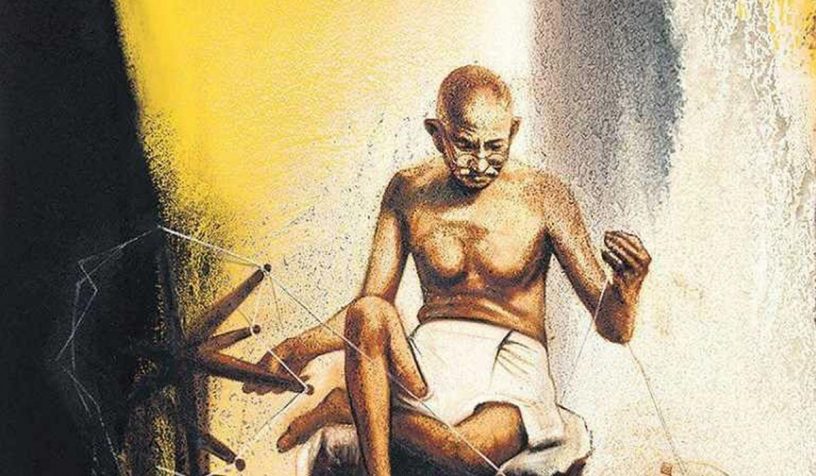
Gandhi was far from uninterested in aesthetic matters, but the key to his thought lies in his holistic approach to both philosophy and lifestyle where the arts play an important role when integrated with ethical and religious demands, says the study.
Author
John Clammer, Professor of Sociology, Jindal School of Liberal Arts and Humanities, O.P. Jindal University, Sonipat, Haryana, India.
Summary
The philosophical question of whether moral standards apply in art and the practical one of whether the arts can be vehicles of positive social transformation run through a great deal of social theory. In this article, these issues are discussed through an examination of Mahatma Gandhi’s approach to art and in particular his views on music and visual arts as they formed part of his personal world view and his socio-political programme.
The article contextualises this in relation to Gandhi’s over-arching concern with the pursuit of truth and its theistic basis, his relationship to certain aspects of classical Indian philosophy and in particular the status of rasa among the four traditional purusharthas, and his relationship with Rabindranath Tagore and the artists at Kala Bhavan in Santiniketan, in particular Nandalal Bose.
The article suggests that Gandhi was far from uninterested in aesthetic matters, but that the key to his thought lies in his holistic approach to both philosophy and lifestyle where the arts play an important role when integrated with ethical and religious demands.
Published in: Social Change
To read the full article, please click here


